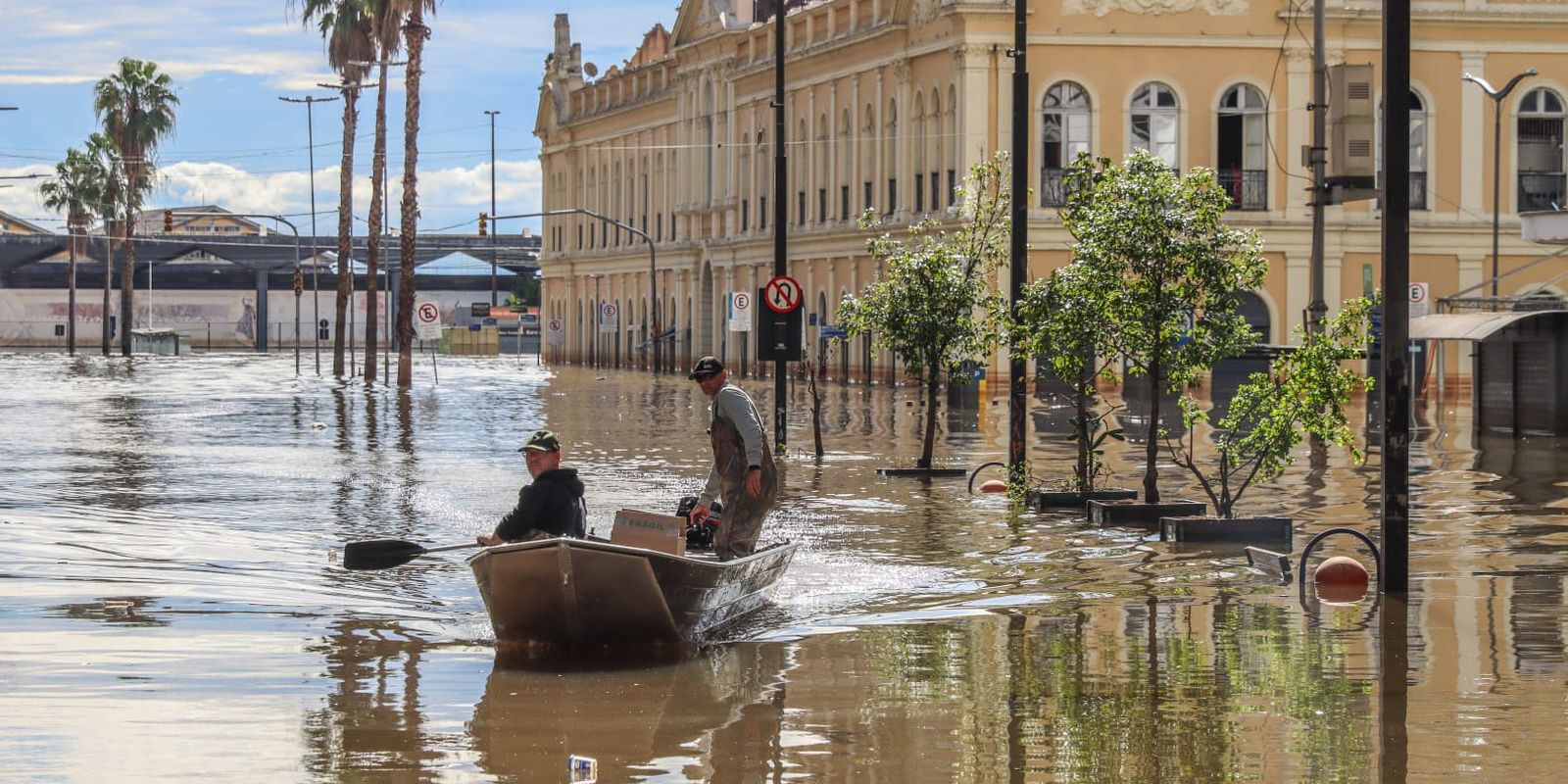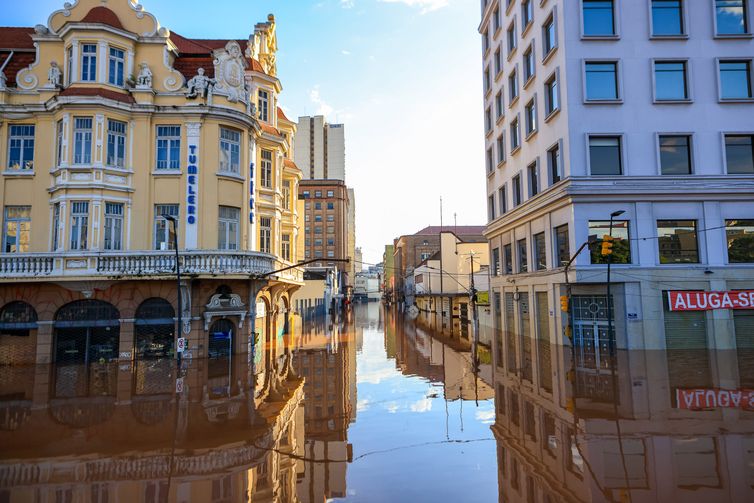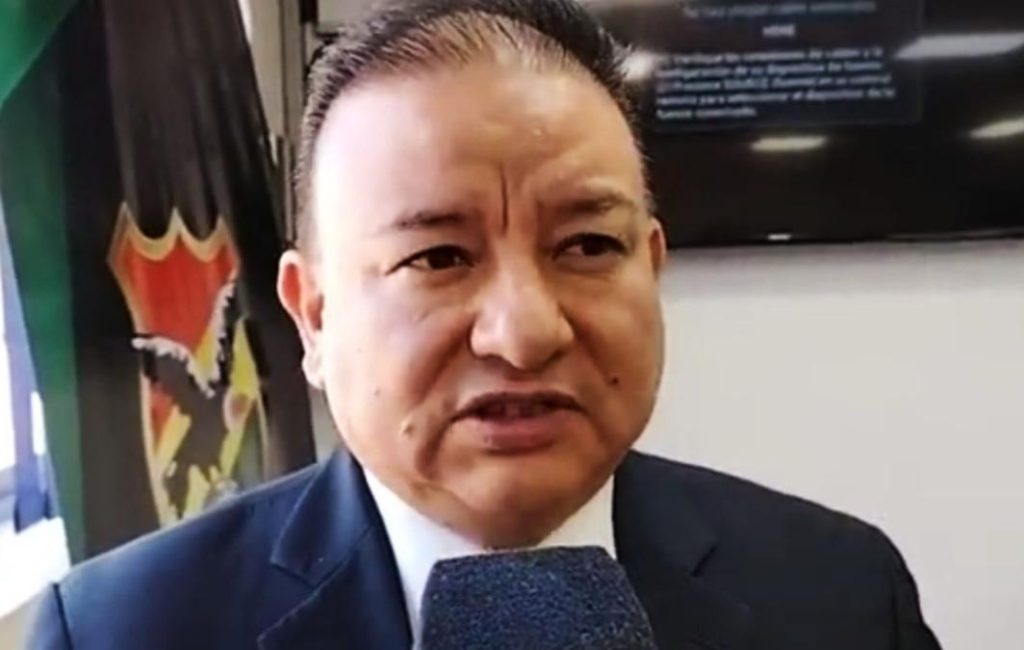At least 242 million students in 85 countries had their studies interrupted in 2024 due to extreme climate events such as heat waves, tropical cyclones, storms, floods and dried, according to the United Nations Children’s Fund (UNICEF) . In Brazil alone, they were left without class for a period last year 1.17 million children and adolescents. The floods in Rio Grande do Sul were the main cause. 
The data are from the report Learning Interruption: Global Snapshot of Climate-Relaced School Disruptions in 2024 (Interrupted learning: global panorama of climate -related school interruptions in 2024), which analyzes the impacts of climate events on schools and, consequently, on the learning of children and youth, from kindergarten to high school.
According to the study, heat waves were the climate risk that led to the closure of schools last year, with more than 118 million students affected in April alone. This month, Bangladesh and Philippines recorded widespread school closures and Cambodia reduced school hours by two hours. In May, temperatures arrived 47 degrees Celsius in parts of southern Asia, which, according to the report, put the children at risk of sunshine.
Afghanistan, in addition to heat waves, suffered from sudden floods that damaged or destroyed more than 110 schools in May, impacting the education of thousands of students.
The month, however, with more impact on education was September, the beginning of the school year in the northern hemisphere. According to UNICEF, at least 16 countries have suspended classes during the period due to extreme weather phenomena, including the YAGI typhoon, which affected 16 million children in East Asia and Pacific.
Torrential rains and floods hit Italy in September, impacting the school life of over 900,000 students, and hit Spain in October, interrupting classes from 13,000 children.
According to the analysis, southern Asia was the most affected region, with 128 million students with interruptions in school activities due to the climate in 2024.
According to UNICEF’s head of education in Brazil, Monica Pinto, the biggest climate impact on education in Brazil in 2024 is due to floods in Rio Grande do Sul [LINK: https://agenciabrasil.ebc.com.br/radioagencia-nacional/educacao/audio/2024-06/milhares-de-alunos-continuam-fora-das-escolas-no-rio-grande-do-sul] who left thousands of students without classes.
She points out that climate issues, such as floods and dried, such as those observed in the northern region [LINK: https://agenciabrasil.ebc.com.br/geral/noticia/2024-08/rios-da-amazonia-registram-niveis-abaixo-da-media-historica]which already existed, have been aggravated with extreme events.
“This is a challenge for teaching networks in Brazil, very aggravated in recent years with extreme events. We have been experiencing flood processes in Rio de Janeiro, Espírito Santo, Bahia, the latest and most tragic in Rio Grande do Sul, where we experience communities that have life losses and also houses, whole communities. AND [há ainda] The difficulty of these families of resuming the school life of children and adolescents, because often schools are impacted or totally destroyed or in part, or that these schools end up becoming shelters, ”emphasizes Monica.
Impacts on Learning
The report also points out that, in fragile contexts, prolonged closure of schools makes students return to the classroom less likely, leading to school abandonment and even the greatest risk of child marriage and child labor. The analysis shows that almost 74% of the students affected last year were in low and low -middle countries.
According to the report, schools and education systems are largely poorly equipped to protect students from these impacts. In addition, the document highlights that financial investments focused on climate impacts on education are low and global data on class interruptions are lacking due to climate risks.
UNICEF’s head of education in Brazil points out that, at extreme events, education networks must be prepared to welcome students, including the impacts suffered.
“All of us adults we know when we are experiencing a problem or a process, a very great emotional trauma, how much it impacts on our lives, our performance. Imagine a child, a small child, or a teenager. If we want to guarantee learning rights for children and adolescents at this time we need to offer resilient schools, which we can give a socio -emotional welcome to these children and adolescents and all our respect for educators who are dealing with these Children and adolescents, ”he emphasizes.
Warning
Given this scenario, UNICEF recommends global measures to protect children and adolescents from climate impacts. They are investing in schools and learning facilities resilient to disasters and intelligent in climatic terms for safer learning; And accelerate financing to improve climate resilience in education, including investment in proven and promising solutions.
“The important message that we need to think as a society is that more and more protocols need to be established, even if we do not use them and think how essential it is that communities, that society, the public power, families, families And the reference institutions prioritize the rights of children and adolescents, because that is not always what we do, ”argues Monica.
She adds that “we can’t build the answers after calamities occur. I think it has to have preventive behavior. ”
Even in disasters contexts, you need to seek the routine of children and prioritize education.
“We can identify other spaces other than school so that families are minimally sheltered, they can make children continue to go to schools. To minimally we keep the routine of these children. With this, we help these children and help families who need to reinvent themselves, recompose. This view of care for children, with adolescents, needs to be in the centrality of these planning that we need to do before situations happen, ”he concludes.
















